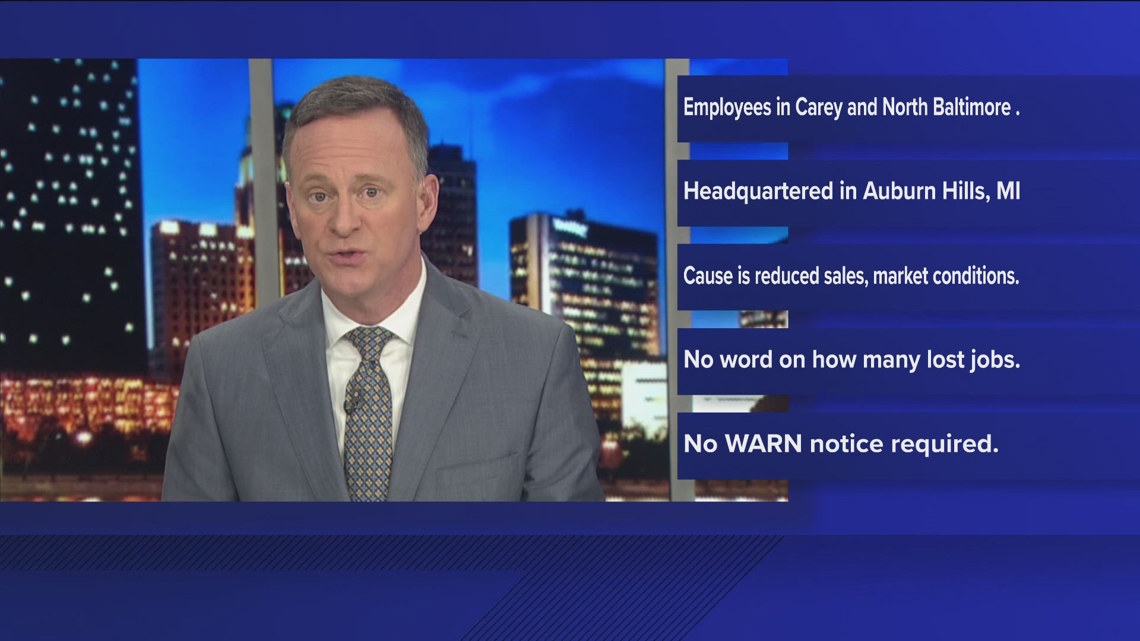Job Cuts Hit Local Auto Workers: Layoffs Strike Carey and North Baltimore Facilities

Teijin Automotive Undergoes Significant Workforce Restructuring
In a sudden organizational shift, Teijin Automotive has announced job cuts this week, with an unspecified number of positions being eliminated from the company's workforce. The unexpected reduction signals potential strategic realignment or operational changes within the automotive technology firm.
While the exact number of affected employees remains undisclosed, the move suggests the company may be adapting to current market challenges or streamlining its operational structure. Employees and industry observers are closely monitoring the situation as details continue to emerge.
The job cuts highlight the ongoing volatility in the automotive sector, where companies frequently adjust their workforce in response to technological advancements, market demands, and economic pressures.

